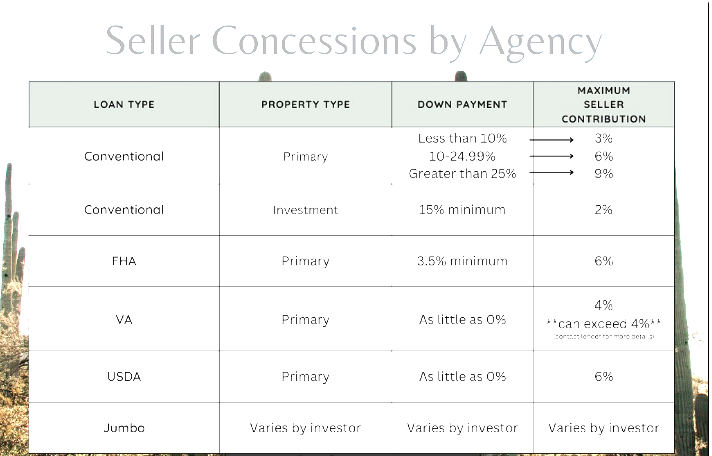Changes coming to Buyer/buyer broker relationships stemming from the NAR lawsuits.
Understanding the New NAR Lawsuit and Its Impact on Real Estate Transactions
(This blog will be changing as new information is being posted on how realtors and buyers/sellers work together)
The process of buying a home involves numerous steps and a considerable amount of complexity, making the assistance of real estate professionals a necessity for most. In 2022, an overwhelming 86% of American home buyers enlisted the services of real estate agents or brokers. A common area of confusion for many buyers is the realization that they don’t directly pay their realtor, despite benefiting from their services.
The Traditional Commission Structure
In the traditional real estate transaction model, agents earn their income through commissions, which typically range between 5-6% of the home’s sale price. This commission is not directly paid by either the buyer or seller but is distributed through an “offer of compensation.” This practice entails the seller covering the commission for both the buyer’s and seller’s agents. The root of this century-old system lies in the creation of the Multiple Listing Service (MLS), a tool developed by agents to facilitate property listings and ensure a commission for the buyer’s agent.
Decoupling Commissions
The concept of decoupling commissions means that each party pays for their own agent, potentially lowering commission rates. This model aims to foster competition among agents, driving down overall costs for sellers.
The Case of Burnett v. NAR
The landmark case of Burnett v. NAR in October 2023 saw the National Association of Realtors (NAR) and several major real estate brokerages ordered to pay nearly $1.8 billion in damages for inflating home prices by maintaining the traditional commission structure. This class-action lawsuit, representing 500,000 home sellers from Missouri and nearby areas, challenged the NAR’s rules that mandated the offer of compensation model, arguing it unfairly burdened home sellers with costs that could potentially be borne by buyers in a truly competitive market.
The Future of Real Estate Commissions
Although Sellers and buyers were never forced to use the MLS system or pay commissions, not much will change. The few changes are set to take effect in July 2024. These changes will likely include:
- Buyer’s agents will need a buyer broker form laying out how the commission will be paid before viewing homes.
- Buyer broker compensation will not be displayed on the MLS.
- Seller can still sign a separate agreement to pay buyer agent compensation. To competitively sell your home, you need more eyeballs on the property, offering buyer agents compensation will get more qualified buyers through the door.
- Home prices are dictated by supply and demand. Home prices will not be affected.
- Buyers’ agents will continue to do everything they’ve always done, possibly agents will be more forward on what they do, what needs to be done, and explain each step of the way. Click here to see what I do for my buyers.
Pros and Cons of the New System
The Positives:
- The market may see a reduction in less qualified agents, leading to more professional representation.
- Buyer/agent relationships will become clearer and more formalized. Agents will display what they do for you more clearly.
The Negatives:
- Buyers might face higher costs due to directly paying for representation but this is still not figured out yet. Buyers are in a pinch already and barely can rub two dimes together with the high-interest rate environment. Sellers will most likely pay for commissions differently to get more eyeballs on their properties.
- An increase in unlicensed investors and wholesalers will take advantage of the weak even more so.
- The confusion for the first year will be harder to understand.
Conclusion
The restructuring of commission payments represents a pivotal shift in real estate practices. As the industry adapts, buyers and sellers alike will need to navigate these changes carefully. The ultimate impact on home prices, agent-client relationships, and the professional landscape of real estate remains to be seen. However, one thing is clear: transparency, professionalism, and adaptation will be key in moving forward under this new paradigm.
Stay tuned for further updates as we continue to monitor these developments and their implications for both buyers and sellers in the real estate market.
Notes and Highpoints:
- There are 3 agreements in a sale 1. the listing agent and the seller. 2. the buyer and the buyer’s agent. 3. Purchase agreement between the title company and the parties.
- How do buyer brokers get paid? The same purchase price will always be what it is, it will all be fully disclosed and how it all works.
- 89% of agents do not have a buyer presentation
- Sellers will be at a competitive disadvantage if they don’t offer compensation, this will all be worked out in this next year.

When writing an offer, we use seller concessions towards closing costs. These are underutilized in my opinion because buyers do not understand how they work. They are utilized on line 100 of the purchase contract when writing an offer.
Changes will be taking place over the next year and I’ll keep updating you and updating this blog.
Please reach out to me to go over how the home buying or selling process works.
Jay Bru
480-466-4917 / jay@jaybrugroup.com



